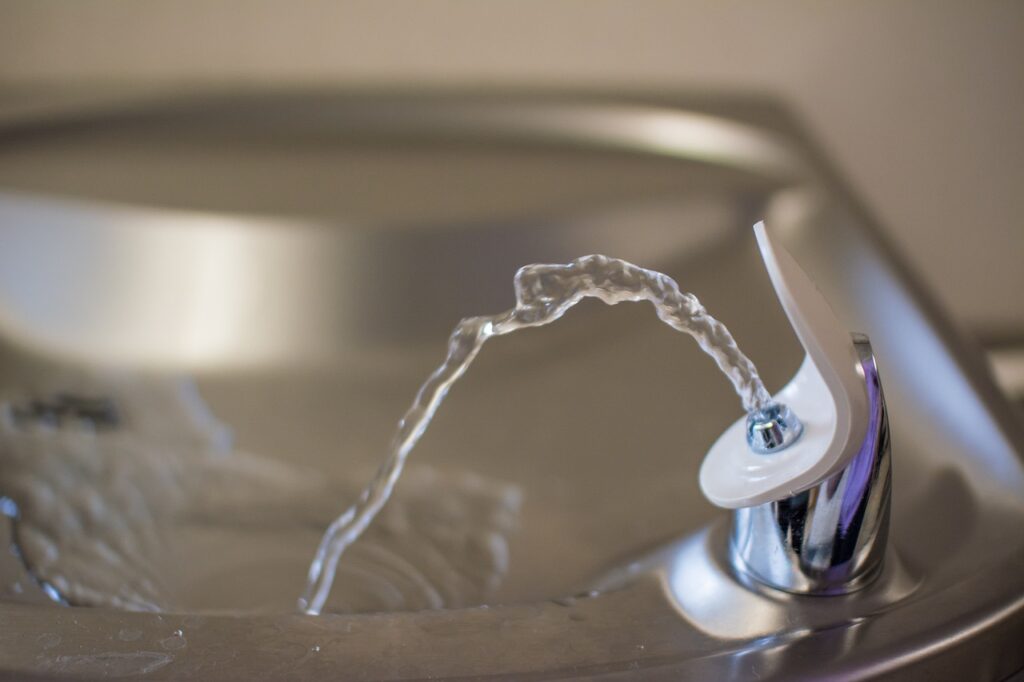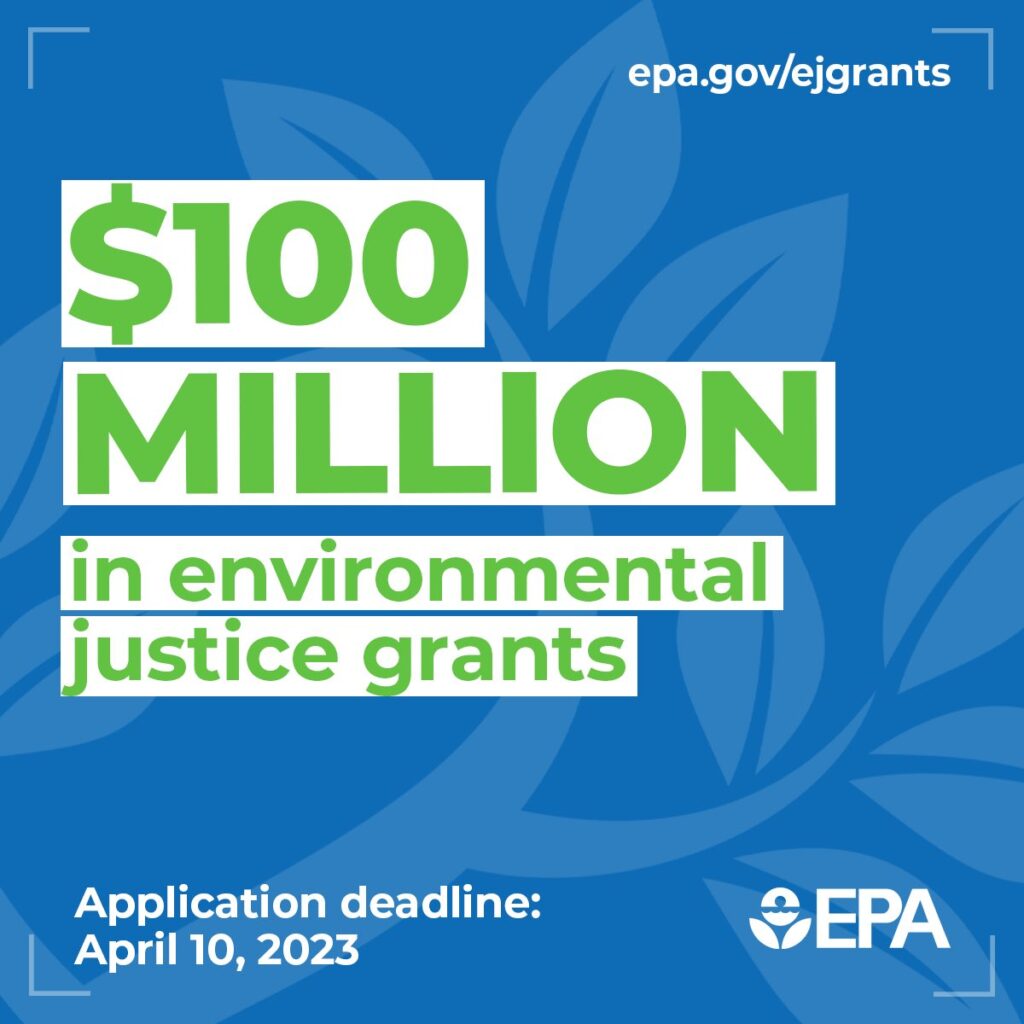-
The U.S. Environmental Protection Agency (EPA) has announced a new policy to address environmental inequities that have left low-income communities exposed to pollution and toxins for too long.
-
The new policy aims to address environmental injustices in permitting decisions, including those related to polluting industries and hazardous waste facilities.
-
The policy requires EPA officials to consider the cumulative impact of pollution on disadvantaged communities when making decisions about permits and other regulatory actions.
-
The new policy is a significant step forward in addressing environmental racism and ensuring that everyone, regardless of their income or zip code, has access to clean air, water, and a healthy environment.
-
The EPA will also work to increase public participation in the permitting process and improve transparency in decision-making to ensure that environmental justice communities are fully heard and represented.
By NRDC | February 01, 2023
The U.S. Environmental Protection Agency (EPA) released new guidelines on how to protect low-income communities from sewage pollution without making utility bills unaffordable for low-income residents.
The following is a reaction by Larry Levine, Director of Urban Water Infrastructure and Senior Attorney at Natural Resources Defense Council (NRDC):
“The new EPA guidelines offer a remedy for the two-tiered system now in place that lets wealthy communities enjoy safe sanitation and clean water but leaves low-income communities and communities of color stuck with second-class service that poses risks to their health and the environment.
“For the first time, EPA is placing a responsibility on cities – with help from EPA and the states – to fund critical wastewater investments equitably, rather than on the backs of low-income residents who struggle to afford rising water and sewer bills. This is an important step towards making clean water affordable for everyone.”…
Long “compliance schedules”—sometimes decades long—are driven by obscure EPA guidelines (the “Financial Capability Assessment” guidance) dating back to 1997 that the EPA overhauled today. The old guidelines allowed cities to continue raw sewage discharges, which disproportionately harm environmental justice communities, if a city has many low-income residents who struggle to afford rising water and sewer bills…
Read more from NRDC.



